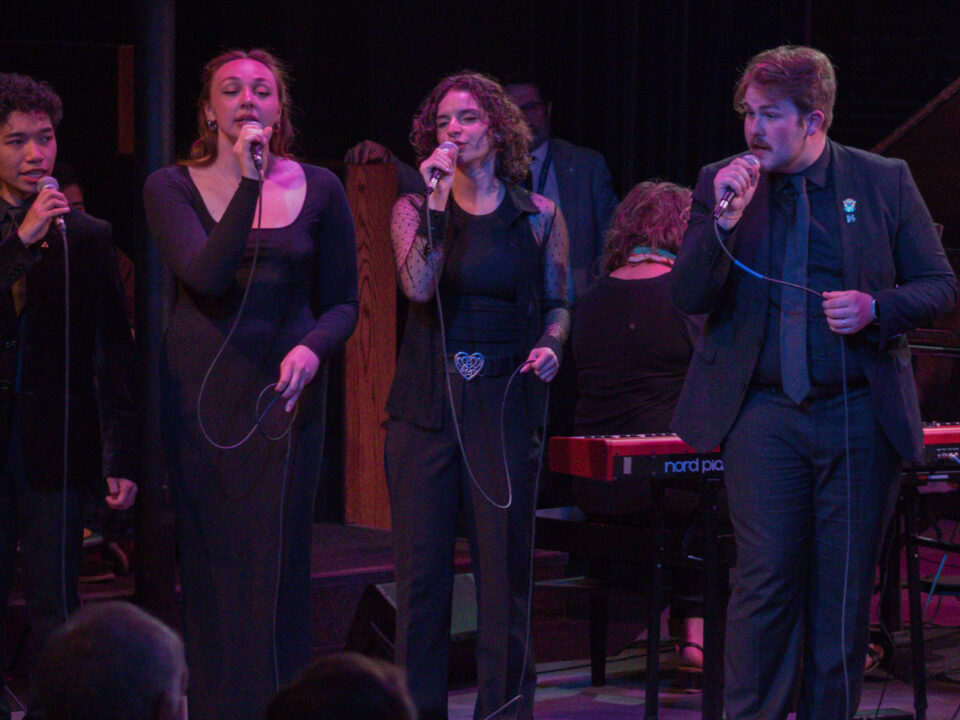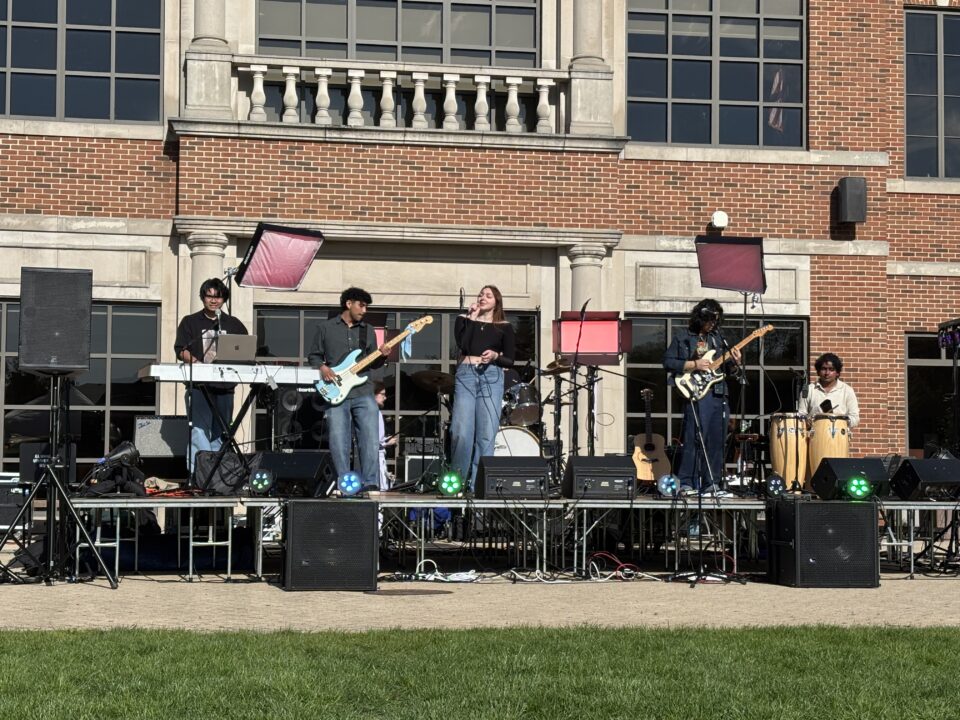The five-letter word game that has everyone glued to their phones, “Wordle”
The bombardment of green and yellow squares on social media platforms has recently become a new sensation for internet users. These screenshots, or emojis, are from a word puzzle game called “Wordle,” currently owned by The New York Times.
For those unfamiliar with this online game, the main rule is that you will have six tries to guess a five-letter word. The square turns green if you get the correct letter in the right place; turns yellow if you get the proper letter in the wrong place; and turns gray when your letter is not in the word at all.
“Wordle” is appealing to many because it challenges users both linguistically and logically. With some peculiar and unusual words such as “caulk” or “tacit,” this online game is surprisingly challenging.
“I have been playing ‘Wordle’ for three weeks so far,” said Elmhurst University student Emad Haque. “I love the game because this game is not all about language. I also have to eliminate the wrong letters logically and strategically.”
Haque continued, “It is also so fun to check up with my friends every morning to see how many attempts it took for them to get the word. I guess the sense of competing with your friends is what makes the game so popular.”
More interestingly, a straightforward puzzle game like “Wordle” causes many strong emotions in its players.
“I was so mad when I was so close to getting the word, but I lost in the most nonsense way,” groaned EU student Tyson Nguyen. “The word for that day was ‘dodge.’ For my last three tries, I put down ‘modge,’ ‘bodge,’ and ‘wodge,’ which apparently I was just guessing and did not know the meaning of any of them.”
Nguyen continued, “I wish that I knew the letter is allowed to appear twice, then I might not [have] attempt[ed] those three exotic words in the first place.”
“Wordle” is far from the first game to become viral on the internet. The impact of games like “Candy Crush” or “Flappy Bird” on social media back in the 2010s were even larger. However, the way “Wordle” approaches their players is vastly different.
“Wordle” is completely accessible. All you need is a web browser to play. Additionally, you only get one word a day, you will not get another until after midnight.
“Wordle” has become part of the daily routine of its players, with people readily anticipating each new word.
“I think the reason this game blew up like this is that ‘Wordle’ creators made it extremely shareable,” EU student Noah Christiansen shared.
“If you think of it, the joy we gain from this game comes when we share and compare our scores with friends,” he said. “This game would be just like other boring word-puzzle games if we could not share our scores and our strategies and thinking to get the correct word.”


